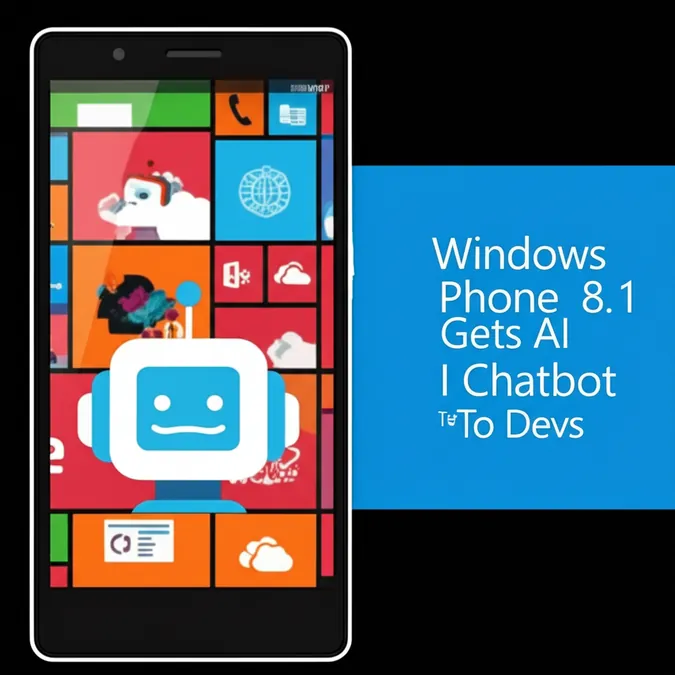Developer Offer
Try ImaginePro API with 50 Free Credits
Build and ship AI-powered visuals with Midjourney, Flux, and more — free credits refresh every month.
ChatGPT AI Transforms Online Shopping Experience
OpenAI, the company behind the popular AI ChatGPT, recently announced a groundbreaking update: users will soon be ableable to make purchases directly within the platform. This new functionality aims to significantly enhance the online shopping journey by providing hyper personalized product suggestions. These advanced recommendations will feature images, customer reviews, and direct purchase links, all tailored based on a user's past activity on ChatGPT.
In a statement shared on X, OpenAI said:
We’re experimenting with making shopping simpler and faster to find, compare, and buy products in ChatGPT.
OpenAI also confirmed that these product recommendations are chosen independently and are not currently advertisements or sponsored content, though this could change. For now, ChatGPT gathers information like product comparisons, reviews, and purchase options from various third party sources online to present relevant items to users. Looking ahead, OpenAI intends to let brands submit their product feeds directly. This will help ensure that listings are both accurate and current. To facilitate this, the company has introduced an interest form for brands and retailers, and will notify them when submissions become available.
These new shopping features from ChatGPT are currently rolling out to all users. This includes individuals with plus, pro, and free subscriptions, and even those who are not logged into an account. The full deployment of these updates is expected to take several days.
Search has quickly become one of ChatGPT’s most utilized and rapidly expanding capabilities, evidenced by over one billion web searches conducted in the past week alone. Traditional online shopping for a particular item can be cumbersome, often involving multiple browser tabs and extensive research for price comparisons and reviews. ChatGPT's latest update is designed to streamline and simplify this entire process.
Matt Weaver, OpenAI's Head of Solutions Engineering for the EMEA region, mentioned in a press briefing that the company is focused on creating a "conversational shopping experience" within ChatGPT. For instance, a search query like "What’s the best facial cleanser for sensitive skin?” will promptly return multiple results displayed as image tiles, along with a sidebar showing retailers. Users can then, within the same interface, ask follow up questions about product ingredients or gentleness, drawing information from user reviews.
Personalization is a key aspect of this update to the online shopping experience. ChatGPT can recall user preferences from past conversations, such as a need for products suitable for sensitive skin or a preference for specific retailers, and then customize future product suggestions. Users also have the ability to specify which types of reviews they prefer to see prioritized, such as expert editorial reviews or user generated content. All this preference data can be managed in the settings, where users can update or delete their information. It's important to note that due to more stringent privacy regulations, these new shopping features will not be available at launch in the UK, Iceland, Liechtenstein, or Norway.
The product suggestions provided by ChatGPT are generated organically by its AI, utilizing publicly available information. OpenAI believes this approach offers a more trustworthy and unbiased shopping experience for users.
Looking ahead, integrating an affiliate model into the ChatGPT platform presents a potential avenue for significant revenue growth for OpenAI. When questioned about whether affiliate programs could be a major long term revenue driver, OpenAI CEO Sam Altman emphasized that the immediate focus is on providing high quality recommendations. The company reportedly has ambitious revenue targets, aiming for 125 billion dollars by 2029, a substantial increase from just under 4 billion dollars last year. Nevertheless, in a recent discussion with Ben Thompson of the Stratechery newsletter, Altman did acknowledge the possibility of affiliate fees contributing to the company's future revenue.
This update comes at a time of a significant shift in consumer habits, with a large portion of the American population now using AI in their purchase research. A recent survey by consumer research platform Attest revealed that nearly half (49 percent) of US consumers use AI when researching purchases, a six point increase from the previous year's survey. The study also indicated growing consumer trust in AI tools and the companies developing them. Almost half (45 percent) of consumers stated they would trust information from an AI chatbot or tool, up from 40 percent a year ago. Remarkably, 17 percent of respondents indicated they trust information from AI tools "completely."
Having already revolutionized search, ChatGPT is now set to transform the shopping landscape. While it's still early, ChatGPT commerce has arrived with the goal of redefining how people discover and assess products. The platform is rapidly developing into a sophisticated, tailored shopping assistant, potentially exceeding the capabilities of traditional search engines like Google. Although Google continues to be a major player in both search and digital advertising, ChatGPT is emerging as a strong competitor.
Compare Plans & Pricing
Find the plan that matches your workload and unlock full access to ImaginePro.
| Plan | Price | Highlights |
|---|---|---|
| Standard | $8 / month |
|
| Premium | $20 / month |
|
Need custom terms? Talk to us to tailor credits, rate limits, or deployment options.
View All Pricing Details

